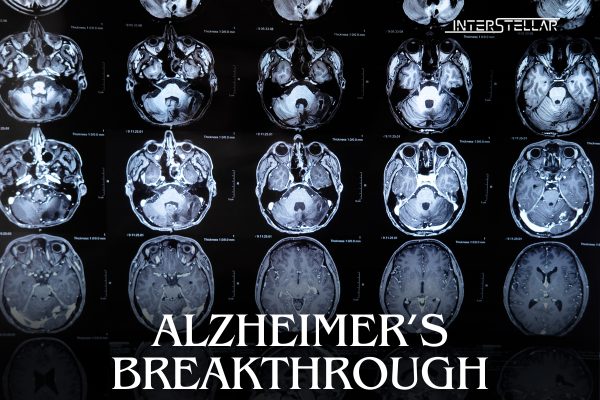Breakthrough in Alzheimer’s Treatment: Restoring Brain Metabolism Shows Promise
Disruption of Brain Energy Metabolism in Alzheimer’s Disease
Alzheimer’s disease, a neurodegenerative disorder known for impairing memory and cognitive function, has long been associated with disrupted glucose metabolism in the brain. Glucose is essential for brain energy, and when its metabolism is hindered, cognitive abilities decline. A team of Stanford Researchers at Wu Tsai Neurosciences Institute, working under the Knight Initiative for Brain Resilience, has focused on understanding and potentially reversing this metabolic disruption.
Their research zeroes in on the kynurenine pathway, a critical regulator of brain metabolism. The scientists hypothesise that amyloid plaques and tau proteins, which accumulate in Alzheimer’s patients’ brains, overactivate this pathway, leading to metabolic disturbances.
Restoring Cognitive Function in Lab Mice
Supported by research grants from the Knight Initiative, the team successfully demonstrated that blocking the kynurenine pathway in lab mice with Alzheimer’s disease could significantly improve or even restore cognitive function. By reinstating healthy brain metabolism, the mice showed remarkable improvements in cognitive and memory tests.
“We were surprised that these metabolic improvements were so effective at not just preserving healthy synapses, but in actually rescuing behaviour,” said Katrin Andreasson, a neurologist at the Stanford School of Medicine and senior author of the study, which was published in Science on August 22, 2024.
Understanding the Kynurenine Pathway
In the brain, kynurenine is responsible for the production of lactate, a crucial energy molecule that nourishes neurons and supports synapse health. The research team, led by Andreasson, studied the enzyme IDO1, which produces kynurenine. Their findings suggest that increased IDO1 activity, triggered by amyloid and tau accumulation, disrupts healthy brain metabolism, leading to cognitive decline.
“The kynurenine pathway is overactivated in astrocytes, a cell type essential for metabolically supporting neurons. When this happens, astrocytes cannot produce enough lactate, disrupting brain metabolism and harming synapses,” explained Andreasson. Blocking the production of kynurenine through IDO1 inhibition restored astrocytes’ ability to nourish neurons with lactate.
Potential Fast-Tracking of IDO1 Inhibitors
Excitingly, IDO1 inhibitors are already well-known in oncology, with some drugs currently undergoing clinical trials. This existing research base allowed Andreasson’s team to quickly test these drugs on lab mice, avoiding the lengthy process of developing new drugs from scratch. The results were promising: the drugs improved hippocampal glucose metabolism, corrected astrocytic deficiencies, and enhanced the mice’s spatial memory.
“We saw this improvement in brain plasticity in mice with both amyloid and tau models. These are completely different pathologies, and the drugs appear to work for both,” Andreasson noted. This finding suggests that IDO1 inhibitors could have broad applications across various Alzheimer’s disease pathologies.
Towards Human Trials and Broader Implications
The next crucial step is to test IDO1 inhibitors in human Alzheimer’s patients to determine if similar cognitive and memory improvements can be achieved. Prior clinical trials in cancer patients focused on the effectiveness of IDO1 inhibitors for treating cancer but did not assess potential cognitive benefits.
Andreasson and her Stanford Researchers are optimistic that these inhibitors could be repurposed for Alzheimer’s treatment, offering a faster route to market if ongoing trials prove successful.


